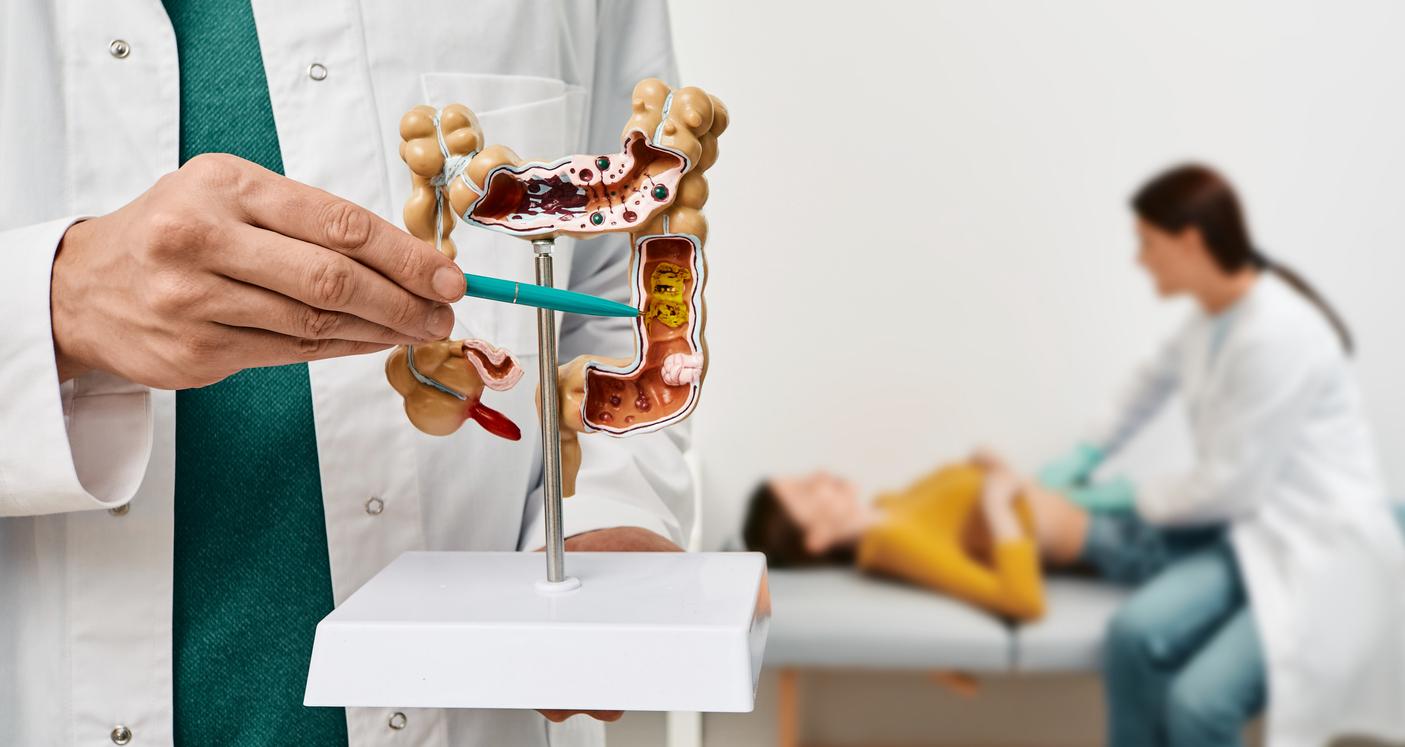A Franco-British team of researchers funded by Telethon donations has just discovered a promising gene therapy in the treatment of Duchenne muscular dystrophy. This rare disease affects one in 5,000 boys and causes muscle weakness that gradually affects the muscles of the respiratory tract, heart and digestive system.
Duchenne muscular dystrophy is associated with defects in the DMD gene that codes for dystrophin. This protein is essential for the functioning of muscles. Unfortunately, it is one of the largest in the human body, with 2.3 million base pairs of DNA, of which 11,000 are coding. Due to its size, its DNA technically cannot be fully inserted into a vector virus, as is usually done in gene therapy. The researchers therefore had to use trickery to test this method.
Muscle function is restored
For their study published in Natures Communications, the team of scientists created a shortened version of the gene, containing only 4,000 base pairs, enough to make a functional protein. They then injected it via a drug into the veins of 12 dogs naturally affected by Duchenne muscular dystrophy. The results are very encouraging: dystrophin expression returned to a high level, muscle strength was significantly restored and symptoms stabilized for up to two years after injection.
The researchers are therefore enthusiastic and believe that the preclinical study they conducted makes it possible to consider developing a clinical trial with patients. They specify that they did not use immunosuppressants and did not observe any side effects in the dogs. The challenge now will be to produce enough protein to start a clinical trial.
Read also :
Disability: a professor with myopathy challenges the president
New promising breakthrough in the treatment of Duchenne muscular dystrophy
30 years of the Telethon: how it has advanced research
















